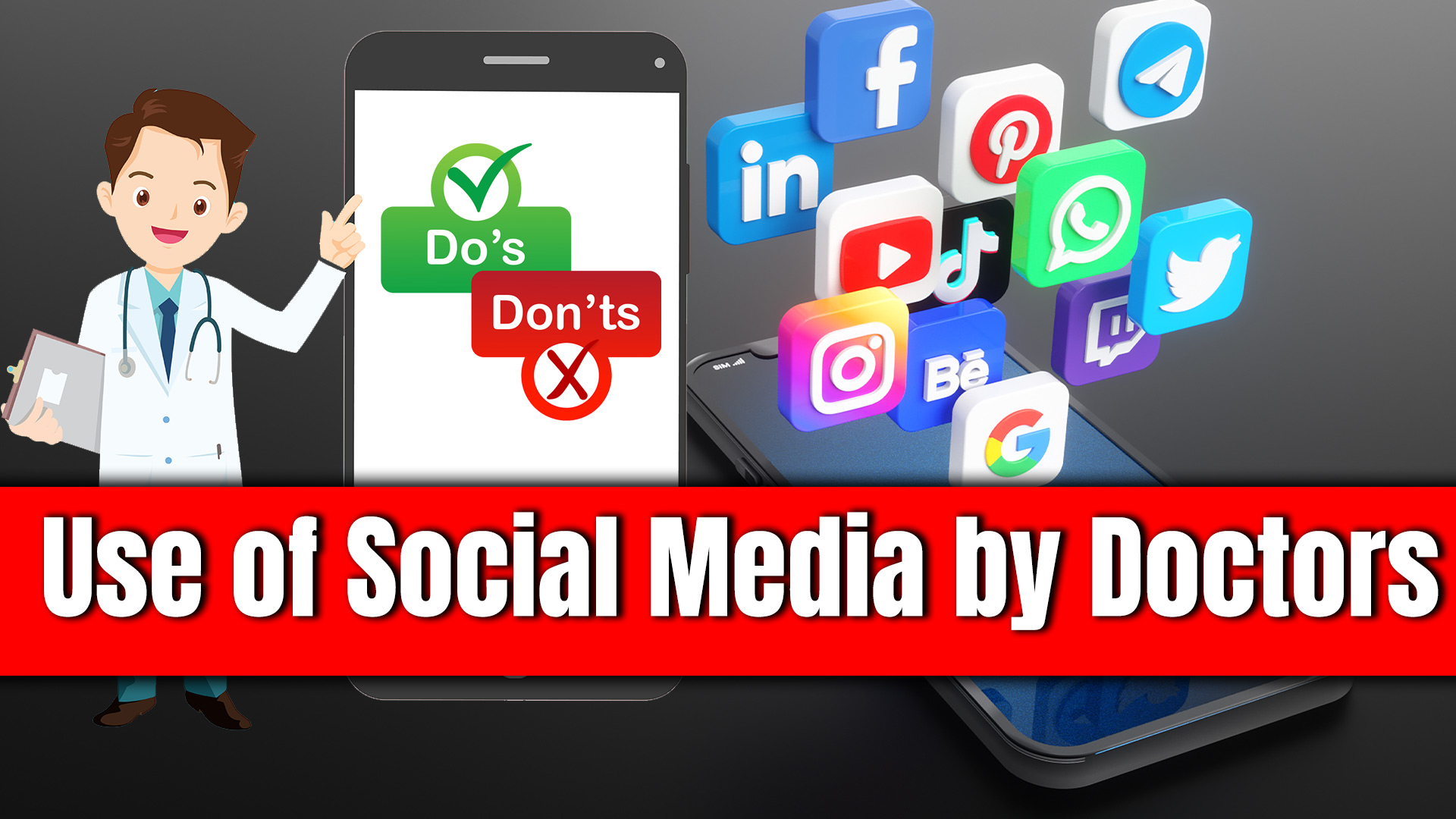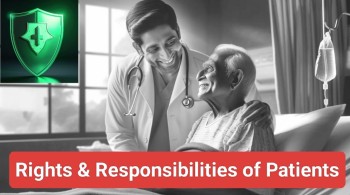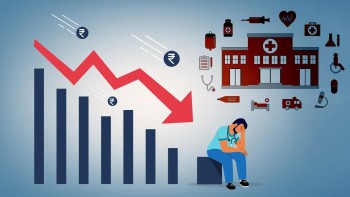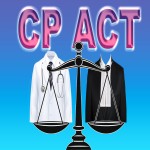Increasingly, physicians use social and electronic media to share information with patients and other providers. Social networking may be especially useful in reaching young or otherwise hard t-to-access patients. However, the use of social media, including blogs, social networks, and websites, raises ethical challenges and should be approached prudently to avoid harmful consequences for patients.
Internet and social networking postings are usually permanent and may be accessible to the public, physicians’ employers, and their patients.
Injudicious use of social media can pose risks and Doctors should be careful while sharing any content on social media. The broader principle of medical ethics should guide the use of social media by doctors. There is a need to distinguish between telemedicine consultation and social media.
Don’ts-
01. Never post anything that violates confidentiality. Doctors should avoid posting patients’ photographs or scan images (CT/PET scans) on social media. Once an image is posted in social media, it becomes data that is owned by the social media company or the general public. Doctors should refrain from sharing images of healed/cured patients, or surgery/procedure videos or images displaying impressive results under any circumstances.
02. Never post anything that crosses professional boundaries and jeopardize therapeutic relationship.
03. Avoid unprofessional posts that might have adverse consequences for a provider’s reputation, safety, or even employment, especially if they express frustration or anger over work incidents, disparage patients or colleagues.*
04. Never use offensive or discriminatory language on social media.*
05 Never reveal highly personal information, or picture yourself intoxicated, using drugs, or in sexually suggestive poses.*
06. Doctors should avoid discussing the treatment of patients on public social media or prescribing medicine to patients on the public social media platform. If a patient approaches doctor through public social media, the doctor should guide the patient toward a telemedicine consultation or in person consultation as the situation warrants.
6. Doctors should not directly or indirectly indulge in the practice of purchasing “likes” , “followers” , or paying money so that search algorithms lead to their name being listed at the top or registering on software programs (apps) that charge fees for higher ratings or soliciting patients.
7. Doctors should not request or share patients ’testimonials or recommendations or endorsements or reviews in social media. Soliciting of patients directly or indirectly through social media is considered unethical.
Do’s-
01. Doctors should separate professional from personal websites, social networking accounts and blogs. On social media, Doctors should refrain from boundary crossings or violations and conduct themselves with dignity and decorum.*
02. Doctors should follow guidelines developed by institutions and professional societies on using social media to communicate with patients.*
03. Always take written and informed consent of the patients before sharing any image or content related to their treatment.
04. Doctors can provide information and announcement on social media. However, the information should be factual and can be verified. The information should not be misleading or deceptive, nor should it exploit the patient’s vulnerability or lack of knowledge
5. Doctors can share educative material for the information of the general public. However, communication should be limited to the expertise of the concerned Doctor.
* Ethical Issues in Clinical Medicine , Harrison's Principles of Internal Medicine












Recent comments
Latest Comments section by users